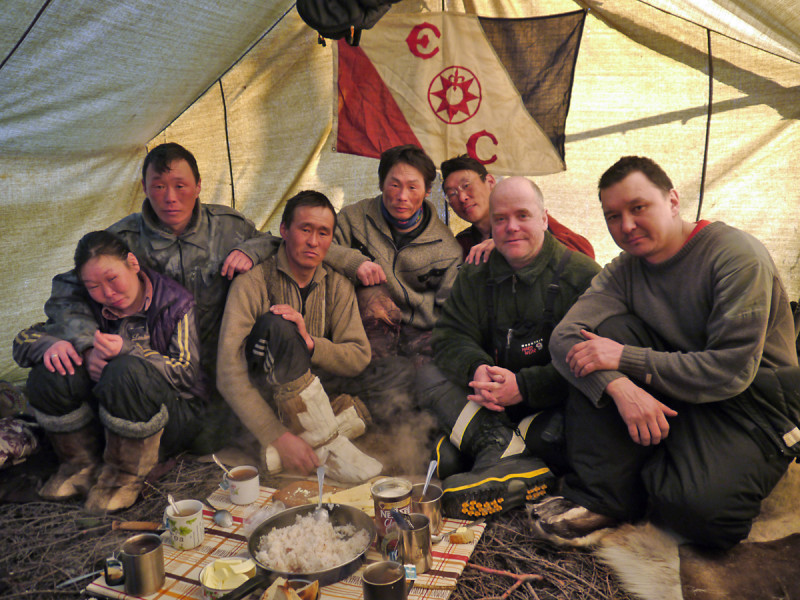Expedition KARLAG – we are awarded flag 80
I am honored to say that Ken, Theo and me have been granted a Flag from Explorers Club for our journey to Kazakhstan. To carry the flag is a great honor and privilege that is shared with many famous members. It is awarded only if these criteria are met:
● The objectives are clearly stated and are consistent with the spirit of original exploration: The expedition should operate in a location which is remote or little known; gather relevant scientific data or record observations under field conditions.
● The plan of the expedition is such that the objectives are realistic.
Many millions failed to get reeducated and died in the camps. One of the worst places a zek (prisoner) could end up in was one of the special lagiers (camps) called katorga. One of the worst and most famous was Kengir which belonged to the KARLAG system. It was extremely brutal and Solzhenytsin has written a whole chapter about it and believe it or not, we have been able to track down survivors. It goes without saying their experiences are unique and extremely important fo how the future generations will view the meaning of life and survival. We just need to document their sad but unique experiences. It hasn´t been done fully yet.
As for the film, one idea we have outside doing interviews with the survivors, is possibly the angle of Theo´s grand dad. Just imagine all the circumstances involved in Theo´s grand dad and his journey. He got conscripted 1942, ended up with Hitler´s army in the fierce battle of Stalingrad. He got captured as one of 90 000 Germans, only 5000 survived and ended up as POW:s in Stalin´s GULAg, most Germans in KARLAG. He survived 8 years and knowing that POW:s were considered un-redeemable and going for a almost certain death, he not only survived, but we think walked all the way back to Germany, where he 1965 either committed suicide or got murdered. How in earth did he survive? He was a painter and drew portraits of the guards and their families, but have probably gone through every aspect of the good and bad sides of humankind to survive. It is an extraordinary story of the will to survive, the meaning of life and will inspire future generations in many ways!
I have spent almost 30 years travelling and exploring and I have been to some of the most unknown, least visited places on earth and I believe I have understood a little bit of the meaning of life. One of this piece of the puzzle is the knowledge that we have to educate people and build bridges between cultures to take away racism, stupidity and ignorance and one of the best ways to do this, is to educate through film and TV. But good TV, not the overwhelming crap of today, which just makes people more ignorant and selfish than ever. Especially in the West.
As film makers, we need to inspire in a very positive way, expand and further the human knowledge and every single one of the people involved in this project will make a difference to what is possible or not and it will widen our knowledge of the humankind, human mind and its idiosyncrasies.
Of all the journey´s I have ever done, this is on a completely different level on how it will expand human knowledge. I feel utterly privileged to have come across this new information and knowledge on what many considers is one of our modern histories most tragic events.
This is our idea before leaving tomorrow. By experience I know it might well turn out something completely different. I have been in Karaganda recently, love the place and its inhabitants and we have people who is helping us and we have interviews set up, so I look forward to this a lot. But I do have some fears. Strong one´s. Will Theo and me be able to mix our two completely different styles to film? Will our personalities mix well? And Ken? Will he like us and fit in with the group? None of these two have ever been to a post-Soviet society or this part of the world, which worries me a bit. I am sure they worry even more! But these are not my biggest worries. My greatest concern is how all these stories will affect an extremely sensitive fella like me. After my former visit to Dolinka, where the admnistration building for Karlag, has been renovated, it haunts me still today. And tha was just a brief encounter with the dark spirit of Stalin´s penal camps. Soon we will know.
